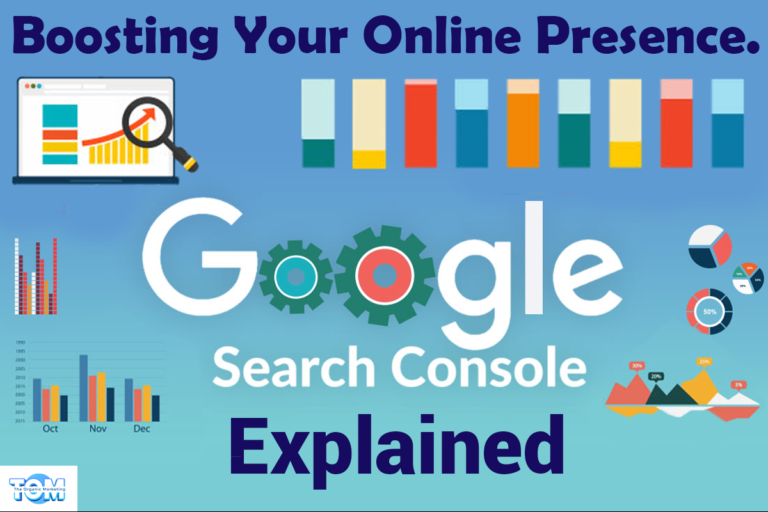Business vs. Job: A Guide to Making the Right Decision
Choosing a job or launching a business is a crucial choice that determines one’s career and lifestyle. Each route has its own set of benefits, challenges, and possible rewards. In this comprehensive tutorial, we will discuss the distinctions between a job and a business, outlining their benefits, drawbacks, and important factors to take into account before making this important decision.
What is a Job?
A job is a legal contract in which a person, sometimes known as an employee, does work for a company or organization in return for compensation. Employees frequently work under a set timetable while carrying out certain activities and according to business rules and standards. They are compensated financially and receive a range of advantages in exchange from their employers.
Challenges of Having a Job:
- Limited Growth Potential: Compared to owning a company, career progression in a job could be slower, which could lead to a pay cap.
- Lack of Control: Employees have a limited amount of influence over organizational rules and decision-making procedures.
- Job Insecurity: Jobs can be sensitive to downsizing and economic instability, which might result in layoffs and job losses.
- Monotony: Over time, certain occupations may become boring, which reduces enthusiasm and work satisfaction.
Advantages of Having a Job:
- Stability: One of the key benefits of work is the stability it offers. Regularly paid employees can depend on a continuous income to meet their needs and fulfill their responsibilities. This consistency gives people and their families a sense of security, calming worries about future financial challenges.
- Perks: A wage is only one of the perks that many occupations offer. Health insurance, dental and eye protection, retirement plans (like 401(k) or pension plans), life insurance, disability insurance, and other benefits are some examples of these. Having access to such benefits could significantly enhance an employee’s and their family’s general well-being and quality of life.
- Skill Development: Employees frequently have opportunities at work to advance their skills and careers. To improve the knowledge and abilities of their staff, employers may provide training courses, seminars, and workshops. This results in a win-win situation for everyone involved by advancing both the individual’s career and the business.
- Work-Life Balance: Many jobs have set working hours, enabling individuals to manage their professional and personal lives more successfully. People may dedicate time for family, hobbies, and other interests without being absorbed by work-related obligations when there are clear lines between their personal and professional lives.
- Reduced Risk: As workers, people are protected from the risks and obligations associated with running a corporation. The management of operational, financial, and market risk is under the purview of business owners. Instead, without the extra stress of business hazards, individuals may concentrate on their assigned duties and responsibilities.
- Networking Opportunities: Employees frequently have excellent networking chances because of their jobs. Building relationships with coworkers, clients, and business professionals is made possible by working in a professional setting. Future partnerships, professional progress, and new possibilities may all be made possible via networking.
- Predictable Structure: A distinct organizational structure and hierarchical framework are generally included with jobs. This clarity gives workers a feeling of direction and purpose in their professional careers by making it easier for them to comprehend their job duties, reporting structures, and career prospects within the organization.
What is a Business?
An organization or firm that was created with the sole objective of making money is referred to as a business. Usually called business owners, entrepreneurs take operational and financial risks to establish and expand their businesses.
Challenges of Having a Business:
- Financial Risk: Effective risk management is essential since starting and operating a business requires financial investments and is subject to market uncertainty.
- Workload and Responsibility: Owners of businesses are responsible for overseeing every area of their operation, which calls for commitment, a lot of effort, and long hours.
- Uncertain Income: Particularly in the beginning, business revenues might change, resulting in erratic income sources.
- Time Commitment: Running a business requires a lot of time and labor, which might interfere with personal and work life balance.
- Skill Diversification: Business owners must learn a variety of skills, such as marketing, finance, and management, in addition to their primary field of expertise.
Advantages of Having a Business:
- Financial Potential: Being an entrepreneur opens the door to limitless earning possibilities, giving them the ability to work hard and be creative to build significant wealth and attain financial independence.
- Autonomy: Business owners like having the autonomy to shape the course of their organization and make important choices. They are empowered by their autonomy to put innovative plans into action, look for new possibilities, and respond rapidly to market needs.
- Personal Fulfillment: Through entrepreneurship, people can follow their passions and realize their dreams. The process of starting and expanding a business may be incredibly satisfying, giving one a feeling of direction and achievement.
- Job Creation: Businesses play a key role in promoting economic growth by giving the workers employment options. Businesses support the growth and prosperity of their local communities and the economy overall by creating jobs.
- Legacy Building: A successful business may have a beneficial influence on society and leave a lasting legacy for future generations. Entrepreneurs who are accomplished can leave a lasting legacy of invention, generosity, and good change long after their own lifetimes.
Individuals make decisions between job and business based on various criteria, with no one solution suitable for everyone. Understanding advantages and disadvantages and aligning them with personal goals is crucial. Both options offer potential career growth and fulfillment.
For more information on both the career paths, contact The Organic Marketing now!



